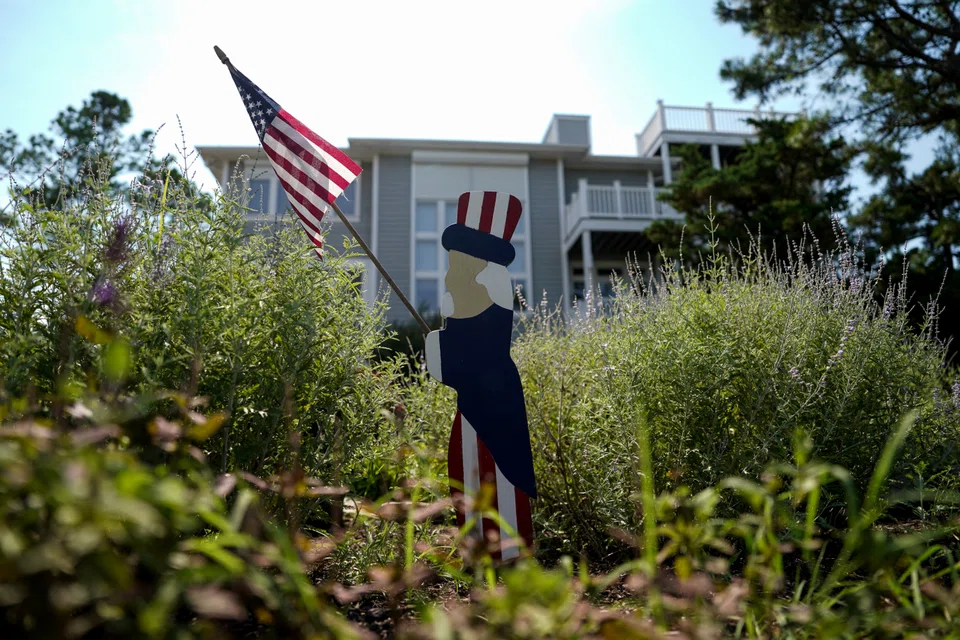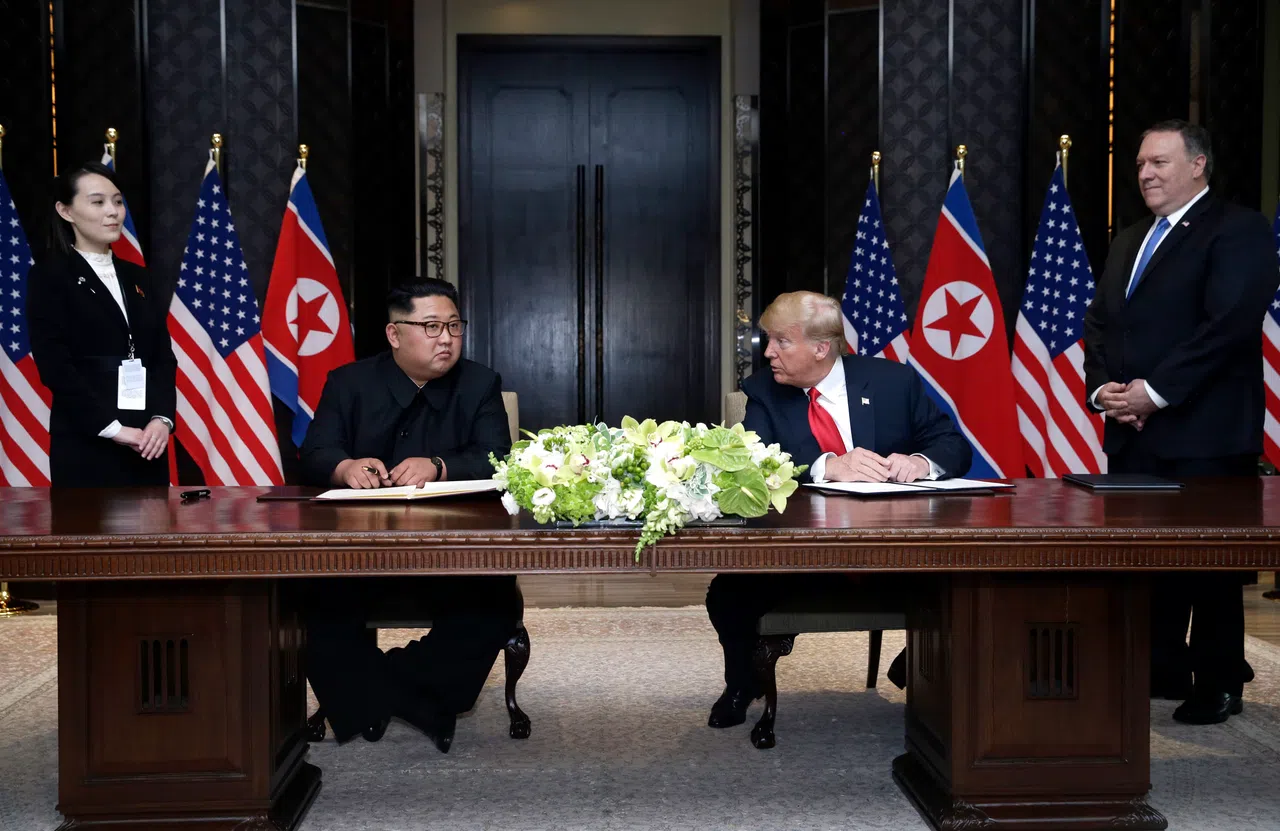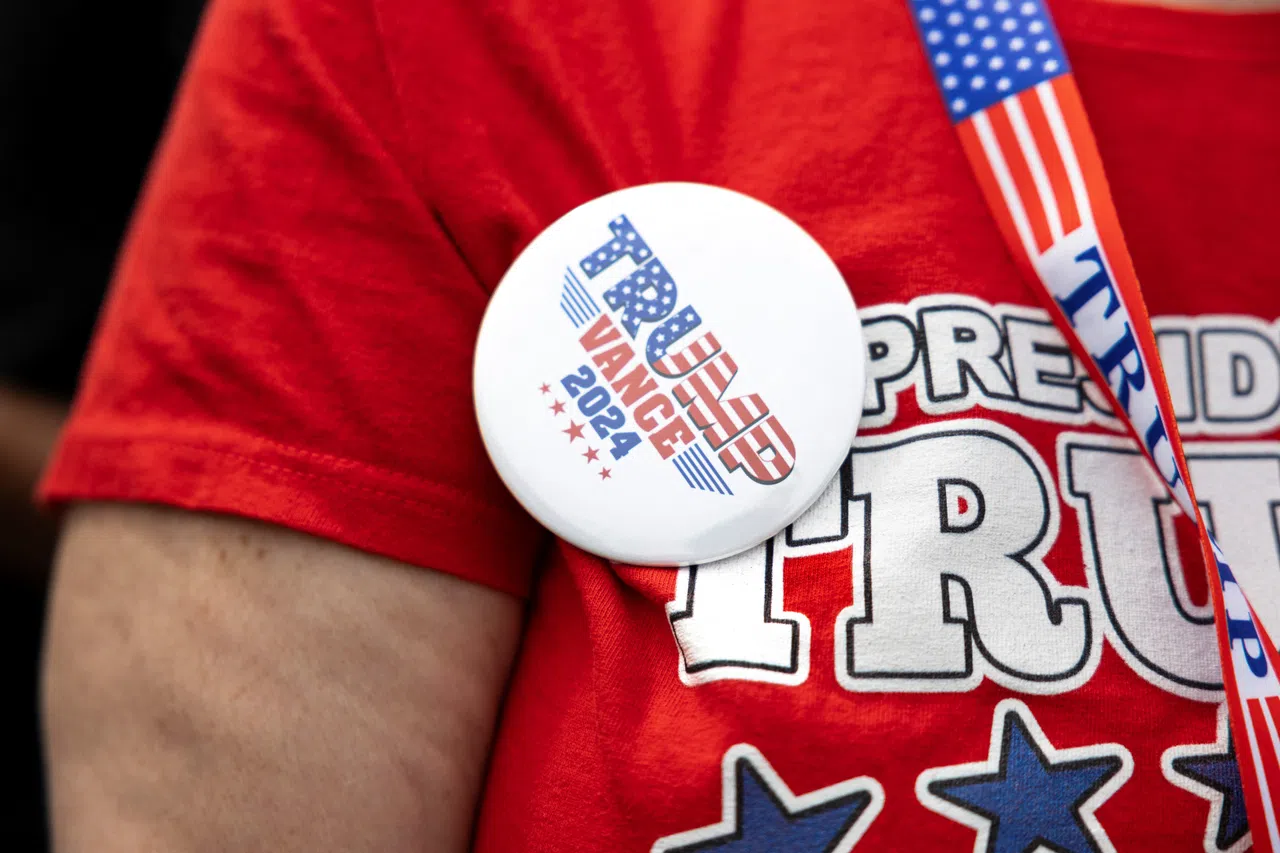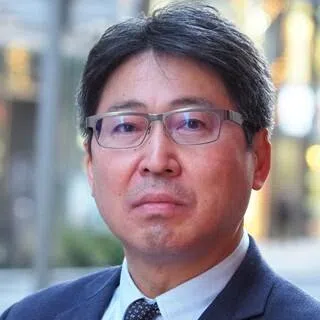Security issues in East Asia after the US presidential election
Japanese academic Shin Kawashima notes that the US elections are still hard to predict, but if Trump returns to the presidency, US policy on China may take a tougher turn.

There has been a lot of speculation and debate in Japan about the US presidential election in November 2024, and there is a general view gradually forming that Donald Trump will be re-elected.
Of course, the election is not over and neither side can afford to ease up, but at present, there is a strong tendency in Japan to view candidate Trump as the favourite. If Trump is re-elected, he may not implement the same policies as he did during his previous term, and it is extremely difficult to predict how he would act. That said, based on Trump’s personality, there have been various predictions and views on the issue.
... there are also concerns that the yen’s depreciation could intensify as the US tries to implement pro-export policies.
Implications on economic policy
Among the several points of contention, one of them is Trump’s economic policy. If candidate Trump becomes the president, will his economic policy be a policy represented by “Trump tax cuts” and will he be reluctant to curb inflation? Some believe that a reluctance to tackle inflation will lead to a change in the current situation of a strong dollar and a weak yen. However, there are also concerns that the yen’s depreciation could intensify as the US tries to implement pro-export policies.
The second point is security. Japan is currently in a difficult security environment, as relations with China and North Korea and Russia are more tense than before. Tensions are also rising in the Taiwan Strait. On the Taiwan issue and the war in Ukraine, Trump may roll out different policies from the Biden administration.
When it comes to security issues in Northeast Asia, the biggest concern is how Trump will deal with the Taiwan Strait and Korean peninsula issues, which are closely related to dealing with China.

Not just that, he is likely to be less interested in strengthening ties with allies than the current administration, and call for an increase in their defence spending instead. When it comes to security issues in Northeast Asia, the biggest concern is how Trump will deal with the Taiwan Strait and Korean peninsula issues, which are closely related to dealing with China.
Trump may be tougher on China
There are two views in Japan about Trump’s China policy. One is that he might be tougher when it comes to tariffs, but cooler than the current administration on security and human rights issues. This was the China policy of the previous Trump administration, or at least the early part.
The other view in Japan is that the China policy of a Trump administration would be a continuation of the policy of the Biden administration, and even tougher; such a policy would overlap with that of the previous Trump administration. There is ample reason for it: it is an undeniable fact that for the US, China remains a long-term rival. Besides, the Biden administration’s policy toward China has been legislated and institutionalised, while among the candidates for Trump’s think tank team after he is re-elected, there are many who would speak harshly on international affairs and national security.
Recently, in Japan, several simulations have been run, with the assumption changing from “if a Trump administration is formed” to “a Trump administration will almost certainly be formed”.

At the moment, the latter view seems to be more prevalent. While Trump’s personality and orientation remain the same, the global environment is very different from when he was last in office.
Recently, in Japan, several simulations have been run, with the assumption changing from “if a Trump administration is formed” to “a Trump administration will almost certainly be formed”. Even so, the predictability of a Trump candidacy is extremely low. Therefore, it would be a good idea to conduct a comprehensive simulation to improve our ability to respond to the situation.





